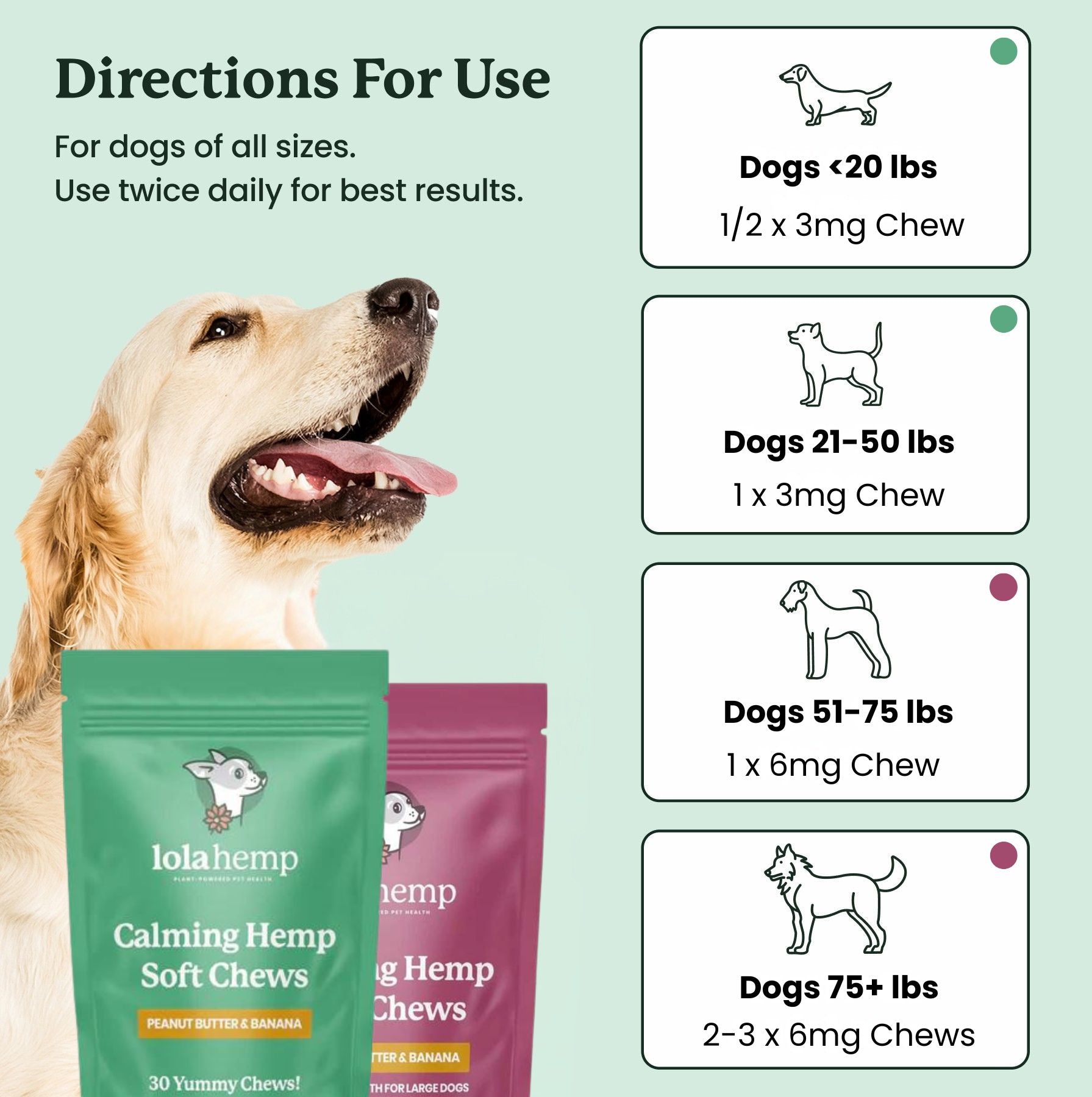The Soft-Coated Wheaten Terrier is a working terrier breed originally developed in Ireland for farm work, including herding, guarding, and vermin control.
Known for their silky coats and sunny dispositions, Wheatens are beloved for their affectionate, people-oriented nature and energetic personalities.
But this breed also has a sensitive side. Studies have found that Soft-Coated Wheaten Terriers are among the most emotionally vulnerable breeds when it comes to noise phobia and separation anxiety. This guide explores their history, temperament, emotional sensitivities, and what you can do to help a Wheaten thrive in your home.
Let’s dive in.
The History of Soft-Coated Wheaten Terriers
Soft-Coated Wheaten Terriers hail from rural Ireland where they were developed as an all-purpose farm dog. For over 200 years, they worked alongside families doing work guarding livestock, catching pests, and being loyal companions.
These dogs were not a status symbol, but a hearty and reliable breed that could cover every base that anyone might want with a farm dog or companion animal. Due to their adaptable and resilient nature, they were traditionally owned by working-class farmers may have worked in various industries or moved around from farm to farm, and always needed a dog by their side to help out.

Wheatens weren’t officially recognized as a breed until the 20th century, and they’ve since gained international popularity for their cheerful attitude and distinctive, silky wheat-colored coat. Unlike other terriers, Wheatens tend to be more sociable and people-focused, which has made them excellent companions—but also more prone to emotional attachment.
Wheatens Today
Today, Soft-Coated Wheaten Terriers are most commonly found as family pets. They are known for being playful, loving, and highly tuned in to their human families. They do best in households where they can be part of the action—whether that’s joining you on errands, playing in the backyard, or lounging on the couch.
They are relatively adaptable in terms of space, but emotionally, they’re a breed that requires companionship, structure, and stability. So, these dogs may not need the same room to roam as other working dogs or terriers, but they're in need of a strong connection and lots of time with their owners.
Wheaten Temperament & Personality
Wheatens are affectionate, energetic, and friendly with both people and other dogs.
They love to be involved in daily life and are often described as “velcro dogs” due to their desire to stay close to their owners. This people-focused temperament is part of their charm—but also a source of their emotional vulnerabilities.
According to a large Finnish behavioral study, Soft-Coated Wheaten Terriers ranked at the top of the list for:
- Fear of loud noises like fireworks and thunderstorms
- Separation-related behaviors such as excessive vocalizing, drooling, panting, and pacing when left alone
These tendencies suggest that Wheatens are especially prone to anxiety during storms or when isolated. Their deep emotional connection to family likely amplifies their distress when they feel disconnected or unsure of their environment.
Managing Anxiety in Wheaten Terriers
Living with an emotionally sensitive dog requires consistency, patience, and supportive care. While every dog is different, there are several strategies that can help reduce anxiety in Wheatens:
- Limit Separation – This is not a breed that does well with long hours alone
- Gradual desensitization – Triggers like storms or being left alone are things that may require some training and exposure before your Soft-Coated Wheaten Terrier feels comfortable with them
- Enrichment activities – puzzle toys, sniff walks, and light training to keep their minds occupied can mitigate emotional distress
- Positive reinforcement – a stable home environment to build confidence are excellent foundations of an emotionally healthy dog
- Natural calming support – CBD calming chews or oils during times of stress can be a natural option to support dogs prone to emotional challenges
In severe cases, behavioral consultation and veterinarian-guided treatment may also help reduce long-term anxiety or phobia-related responses.
It's important to note that not all Soft-Coated Wheaten Terriers experience serious anxiety issues, but they have been bred to be close companion animals. As a result, they're in need of emotional stability and support, much like a human. Without that support, they can start to show clear signs of emotional distress and anxiety.
Is a Soft-Coated Wheaten Terrier Right for You?
Wheatens are fun, loyal, and brimming with personality. But their emotional depth comes with a requirement of close companionship from their owners.
If you're home often, enjoy a lively and affectionate dog, and can offer the kind of daily presence this breed thrives on, then a Wheaten might be a perfect match.
However, if you work long hours or need a more independent dog, this may not be the best fit. With the right care, though, Soft-Coated Wheaten Terriers are among the most loving and devoted companions a family can have.










